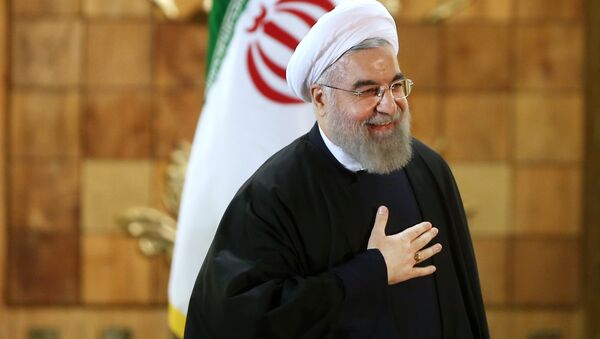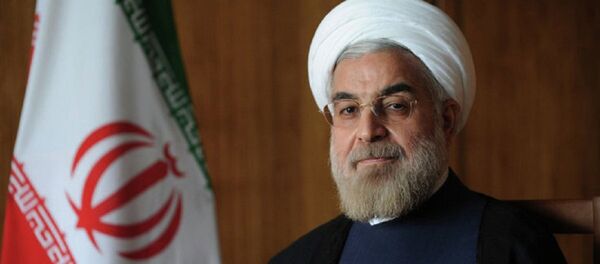"The implementation has many benefits for Iran but again, we have a set of new sanctions slapped by the US Treasury Department on Iran over its testing ballistic missiles. So, it is not the end of the saga by any means, but the very immediate needs of Iranians are being met," Nafisi said.
He did not rule out possible provocations in connection with the implementation that he said may occur in Iran and the United States, rather than Saudi Arabia and Israel.
"It is mostly from inside the US and Iran that the problems will probably arise, not from Israel or Saudi Arabia; I don't suppose so," he added.
He also said that OPEC will most likely refrain from changing its policy after Iran comes back to the international oil market.
"OPEC will not need to do that because I don't think that Iran will increase its production and rock the boat given the low cost of oil right now," Nafisi pointed out.
According to the Treasury Department, the new sanctions target 11 companies and individuals who have been involved in procuring goods for Iran's ballistic weapons program.
Late on Sunday, the United Nation's nuclear watchdog verified Iran's compliance with the terms of the Joint Comprehensive Plan of Action. The confirmation led to the immediate lifting of UN and EU sanctions, as well as the partial relief of US sanctions.




